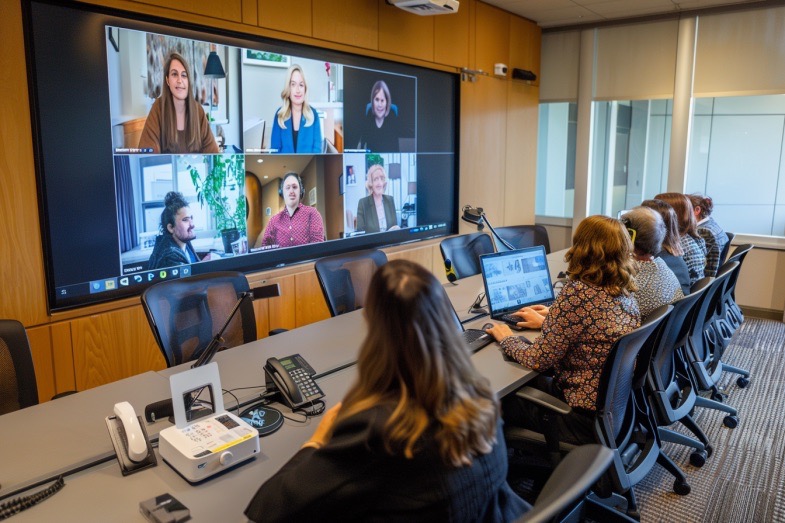UN Secretary-General Calls for End to Retaliation in Middle East
NEW YORK — In response to alleged Israeli strikes near a nuclear power station in Iran, UN Secretary-General António Guterres issued a plea to all parties involved to halt the dangerous cycle of retaliation in the Middle East.
Guterres condemned any acts of retaliation and urged the international community to work together to prevent further developments that could have devastating consequences for the region and beyond. His statement, released by his Office, emphasized the need for peace and restraint in the midst of escalating tensions.
International Calls for Restraint Amid Rising Conflict
Echoing Guterres’ concerns, UN atomic energy agency chief Rafael Grossi called for extreme restraint from all sides following reports of potential drone strikes near nuclear facilities in Iran. The International Atomic Energy Agency confirmed that there was no damage to Iran’s nuclear sites and reiterated the importance of avoiding targeting nuclear facilities in military conflicts.
Meanwhile, the UN human rights office in Geneva urged all parties to de-escalate the situation rapidly and called on third States with influence to prevent further deterioration in the already precarious situation.
Impact on Palestinian Civilians
In Gaza, aid teams highlighted the challenges faced by Palestinian civilians, particularly pregnant women and breastfeeding mothers, due to the destruction of vital medical equipment and widespread malnutrition and dehydration. UNFPA Representative Dominic Allen reported a significant increase in complicated births as a result of the ongoing conflict.
Allen described the devastation he witnessed in Gaza hospitals, where essential medical equipment had been purposefully destroyed, leaving pregnant women at risk. The UNFPA mission, conducted in partnership with WHO and other UN agencies, aimed to assess the impact of the conflict on healthcare facilities in Gaza.
Rebuilding Healthcare Infrastructure
Nasser Hospital in Khan Younis, a vital healthcare facility in Gaza, was severely damaged and in need of urgent repairs to resume maternity care services. The UNFPA mission identified critical infrastructure needs and emphasized the importance of restoring healthcare services for the population in Gaza.
Despite the challenges, aid organizations are working tirelessly to support the healthcare system in Gaza and provide essential services to those in need. The international community must come together to ensure the protection and well-being of civilians in conflict-affected areas.



